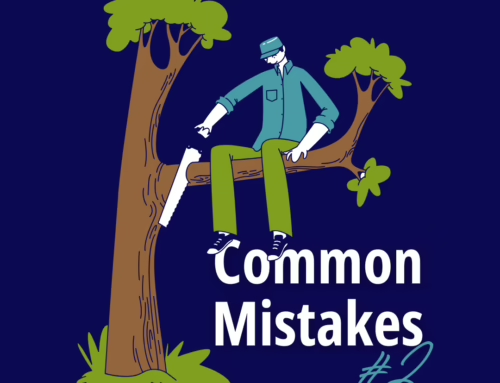Before moving overseas, I was a competitive runner and certified running coach. The language learning journey and race preparation are similar in their approach and execution. The connections I have seen during this process have been numerous. Allow me to share just a few.
Know Your Goals: Why Do You Want to Study Arabic?
First, whenever I signed up for a race or started coaching a new athlete, I always asked two questions –
- Why? Why do you want to study language? Why are you willing to dedicate countless hours to this process? Knowing the why will keep you motivated and steadfast when the tough times inevitably come.
- What is your goal? Determining your goal will also help you determine your pace. Pacing is critical in racing. If you fail to pace, you will either burn out; or, you will fail to reach your full potential. Run your race at your pace.
Once you know the why and the goal, you can plan the how.
Training as a Runner…and Arabic Speaker
What is your plan? Run training consists of four seasons:
- Base Building (Phase 1) – This is the necessary prep work that has to be done and be done well. This exposes and preps your body for the heavy work later on. If you are lazy in this phase, you will not be prepared for the next.
- In Season (Phase 2-4) – This is the grind. Every day, no exceptions, come ready to run and work through the process. In these phases you will build strength, speed, efficiency, and develop stamina. But, you have to do the work. Some days will be easier than others. Just remember the hard days are getting you race ready.
- Race Season (Phase 5) – You have put in the work and race day is approaching. This phase is for race specific workouts. What are my weakest areas? Where do I still lack? What do I need to do in order to step to the start line on race day with full confidence?
- Off Season – Take a break! Please do not forget to rest. Recovery is essential for long term health and productivity. Work hard, rest hard.
One final thought. I program my athletes around key workouts. Key workouts accomplish three tasks –
- They force you to push. Proper training requires being stretched. If you never push, you’ll never get to the next level. Often the workouts you dread the most are the most beneficial for your development.
- They allow you to gauge your progress. Are you improving? Are you on track for your goals? What mile markers can you use to assess your progress?
- Pick workouts you enjoy. I have a handful of workouts I could run every day. This is supposed to be fun. Remember the joy of growing. It is a privilege. Make the most of it.





